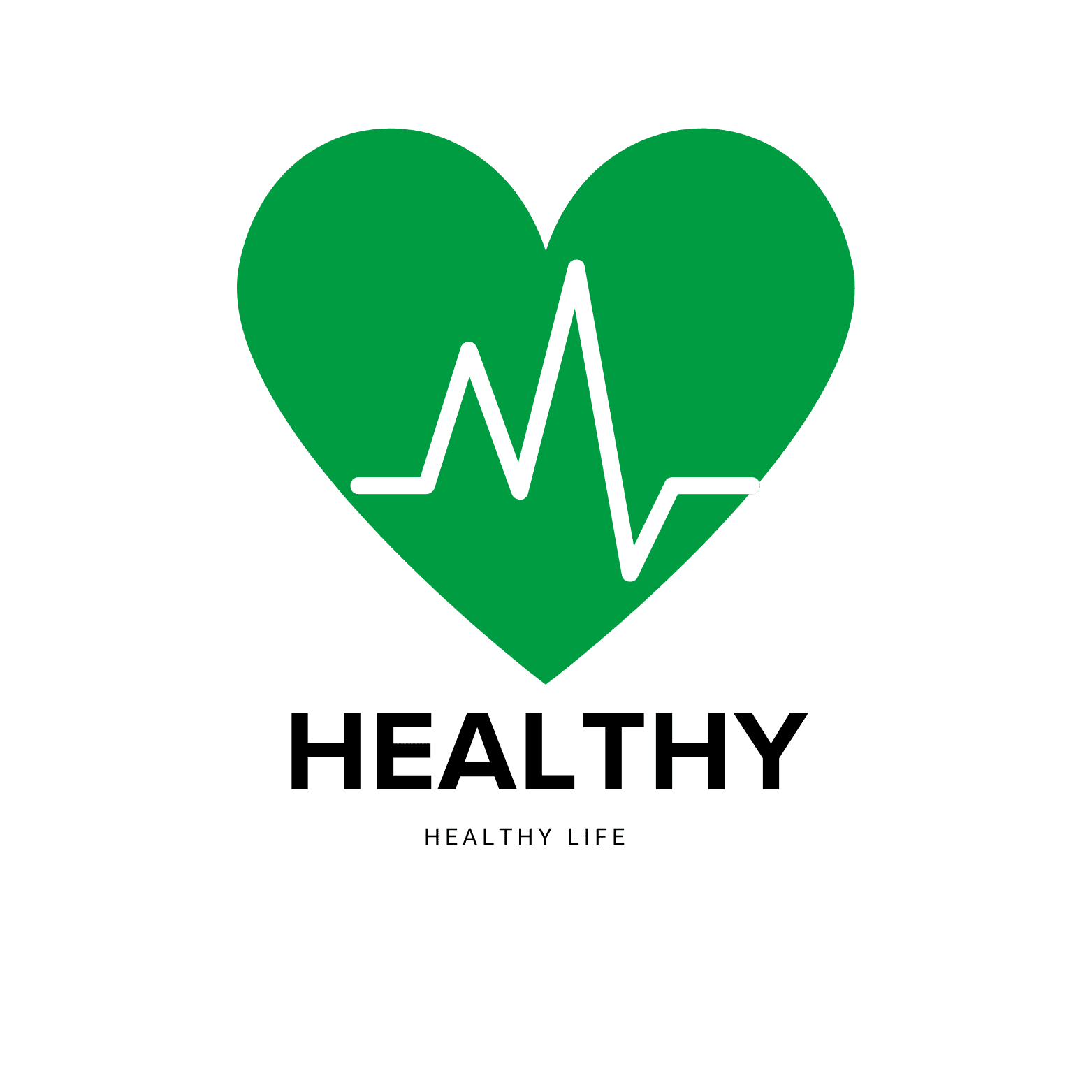Effective Ways to Lower Blood Pressure Naturally
Are you aware that nearly half of the adults in the United States have high blood pressure, a condition that can lead to serious health issues if left unmanaged? Maintaining healthy blood pressure is crucial for overall well-being. The good news is that there are several natural methods to help manage and lower blood pressure naturally.
By incorporating simple lifestyle changes and dietary adjustments, individuals can significantly improve their cardiovascular health. This article will explore the most effective natural strategies for achieving healthy blood pressure and reducing the risk of related health problems.
Key Takeaways
- Understanding the importance of maintaining healthy blood pressure
- Exploring natural methods to lower blood pressure
- Learning simple lifestyle changes for improved cardiovascular health
- Discovering dietary adjustments for healthy blood pressure
- Reducing the risk of related health problems
Understanding High Blood Pressure and Its Risks
Hypertension is a silent killer that can lead to severe health complications if left unmanaged. It is a condition characterized by elevated blood pressure levels that can strain the heart, damage blood vessels, and increase the risk of cardiovascular diseases.
What Causes Hypertension
Hypertension can be caused by a combination of genetic, lifestyle, and environmental factors. Genetics play a significant role, as individuals with a family history of hypertension are more likely to develop the condition. Lifestyle factors such as a diet high in sodium, lack of physical activity, and excessive alcohol consumption also contribute to high blood pressure.
Health Implications of Untreated High Blood Pressure
If left untreated, hypertension can lead to serious health complications.
"High blood pressure is a major risk factor for cardiovascular disease, including heart attacks, strokes, and kidney disease."
The health implications include:
- Cardiovascular disease
- Kidney damage
- Vision loss
- Cognitive decline
| Health Risk | Description |
| Cardiovascular Disease | Increased risk of heart attacks and strokes due to high blood pressure straining the heart. |
| Kidney Damage | High blood pressure can damage blood vessels in the kidneys, reducing their ability to function properly. |
| Vision Loss | Hypertension can cause blood vessels in the eyes to bleed or burst, leading to vision loss. |
Understanding the causes and risks of hypertension is crucial for managing and reducing its impact on health. By recognizing the factors that contribute to high blood pressure and taking proactive steps, individuals can significantly lower their risk of developing related health complications.
Ways to Lower Blood Pressure Through Natural Methods
There are several effective ways to naturally lower blood pressure, including changes to diet, exercise routines, and lifestyle habits. By incorporating these natural methods, individuals can significantly reduce their risk of developing hypertension-related complications.
Dietary Approaches for Healthier Blood Pressure
A well-balanced diet plays a crucial role in maintaining healthy blood pressure levels. Certain dietary patterns, such as the DASH diet, have been shown to be particularly effective in lowering blood pressure.
The DASH Diet Principles
The DASH (Dietary Approaches to Stop Hypertension) diet focuses on consuming fruits, vegetables, whole grains, and lean protein sources. It is rich in potassium, calcium, and fiber, which are essential nutrients for healthy blood pressure management.
- Emphasizes whole grains, fruits, and vegetables
- Includes lean protein sources like poultry and fish
- Low in saturated fats, cholesterol, and sodium
Reducing Sodium and Increasing Potassium
Reducing sodium intake is critical for lowering blood pressure. Consuming too much sodium can lead to fluid retention, putting extra pressure on blood vessels. On the other hand, increasing potassium intake helps balance sodium's effects and relax blood vessel walls.
Tips for reducing sodium: Limit processed foods, use herbs and spices for flavor, and choose low-sodium alternatives.
Tips for increasing potassium: Include potassium-rich foods like bananas, leafy greens, and sweet potatoes in your diet.
Exercise Routines That Reduce Hypertension
Regular physical activity is another crucial component of lowering blood pressure naturally. Exercise helps strengthen the heart, improving its ability to pump blood more efficiently.
Aerobic exercises like walking, cycling, and swimming are particularly effective. Aim for at least 150 minutes of moderate-intensity exercise per week.
Stress Management and Relaxation Techniques
Chronic stress can contribute to high blood pressure. Practicing stress management techniques like meditation, deep breathing, or yoga can help mitigate this effect.
- Meditation and mindfulness practices
- Deep breathing exercises
- Yoga and tai chi
Lifestyle Changes for Long-term Results
Making sustainable lifestyle changes is essential for long-term blood pressure management. This includes limiting alcohol and caffeine consumption and prioritizing quality sleep.
Limiting Alcohol and Caffeine
Excessive alcohol and caffeine intake can both raise blood pressure. Moderation is key, with recommended limits varying by individual.
Importance of Quality Sleep
Poor sleep quality and duration can negatively impact blood pressure. Establishing a consistent sleep schedule and creating a sleep-conducive environment can help.
Conclusion
Achieving and maintaining healthy blood pressure is crucial for overall well-being. By incorporating dietary changes, regular exercise, stress management techniques, and other lifestyle adjustments, individuals can effectively reduce hypertension and promote cardiovascular health.
Implementing these natural methods not only lowers blood pressure but also enhances overall quality of life. By making informed choices and adopting healthier habits, individuals can take control of their blood pressure and reduce the risk of associated health complications.
Embracing a balanced lifestyle that includes a nutritious diet, regular physical activity, and effective stress management can lead to significant improvements in blood pressure levels. By prioritizing these natural approaches, individuals can work towards achieving and maintaining healthy blood pressure, ultimately contributing to a longer and healthier life.


